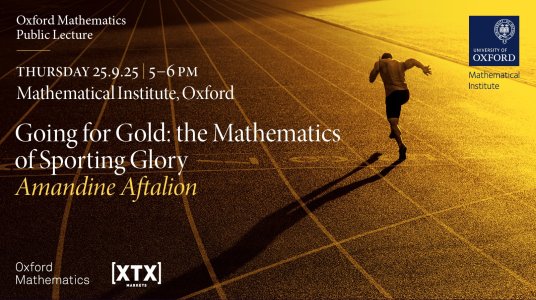Advances in Multiscale Analysis and Applications
Abstract
Multiscale analysis has become a cornerstone of modern signal and image processing. Driven by the objective of representing data in a hierarchical fashion, capturing coarse-to-fine structures and revealing features across scales, multiscale transforms enable powerful techniques for a wide range of applications. In this talk, we will begin with a comprehensive overview of the construction of multiscale transforms via refinement operators, highlighting recent advances in the area. These operators serve as upsampling in the process of multiscaling. Once established, we will describe the adaptation of multiscale transforms to manifolds, and then focus on their extension to Wasserstein spaces. The talk will highlight both theoretical developments and practical implementations, illustrating the potential of multiscale methods in emerging data-driven applications. Lastly, we will explore how classical multiscaling tools such as wavelet transforms can be utilized for autoregressive image generation via large language models. We will show experimental results that indicate promising performance.



